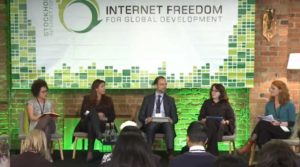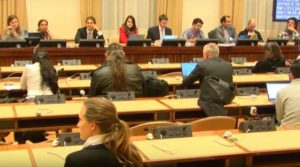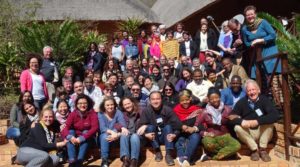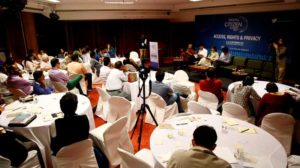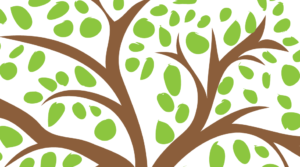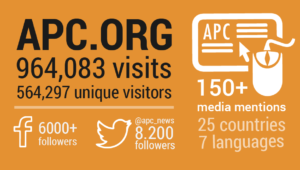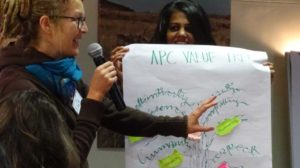2017 saw significant attention to gender and access issues, and APC was poised to inform and convene key discussions in order to advance women’s human rights through ICTs.
The 35th UN Human Rights Council session (HRC35) in June 2017 was one of the spaces in which APC engaged in order to amplify the outreach of access and gender issues. At HRC35 the UN Office of the High Commissioner for Human Rights (OHCHR) issued a report on “Bridging the Gender Digital Divide from a Human Rights Perspective”. The report reinforced APC’s analysis of gender and access issues, calling for addressing underlying social and cultural barriers to women’s meaningful access and use of the internet and adopting a multifaceted approach towards eliminating online gender-based violence. We co-organised a side event with the OHCHR and the permanent missions of Sweden and the United States on bridging the gender digital divide from a human rights perspective, to give visibility to the gender digital divide as a symptom and cause of violations of women’s human rights, and to mobilise the international community to address it.
APC delivered submissions on access-related policy processes with a focus on gender, including a rights-based access submission to the Gender Working Group of the UN Broadband Commission. APC was also invited to join EQUALS, the global partnership to bridge the gender digital divide, and contributed to its inaugural meetings.
In the global governance arena, APC co-facilitated the IGF Best Practice Forum on Gender and Access, which in 2017 examined the barriers faced by specific communities of women, including women with disabilities, refugee women, young women, elderly women, LGBTIQ women, women in rural areas and indigenous women. The preliminary findings and recommendations of the survey were discussed in a session for further exploration facilitated by APC at the IGF.
APC organised and moderated a pre-event panel and supported the attendance of five women’s rights and sexual rights activists to participate at the Stockholm Internet Forum 2017, which focused on the theme “Framing Access and Power”. APC also participated in the panel “Gender-based violence online: Levelling the discussion.”
GenderIT.org, APC’s gender and ICT policy site, also initiated a periodic column called “Access and beyond”. During 2017, the column explored the motivations of internet use in Africa; zero rating services and their value for ordinary users; the specificities of how access to the internet and the barriers to get it are different for women and men; and how researchers and activists can proactively explore gender dimensions when dealing with access and a progressively increasing gender digital divide.
To watch out for: In 2018, APC will again participate in the IGF Best Practice Forum on access and gender issues. Also look out for more in the GenderIT.org column on community networks and gender, and some action happening during the AfChix TechWomen Summit 2018.
Image: APC Women’s rights policy lead, Jan Moolman, participating in the panel “Gender-based violence online leveling the discussion” at the Internet Stockholm Forum.
